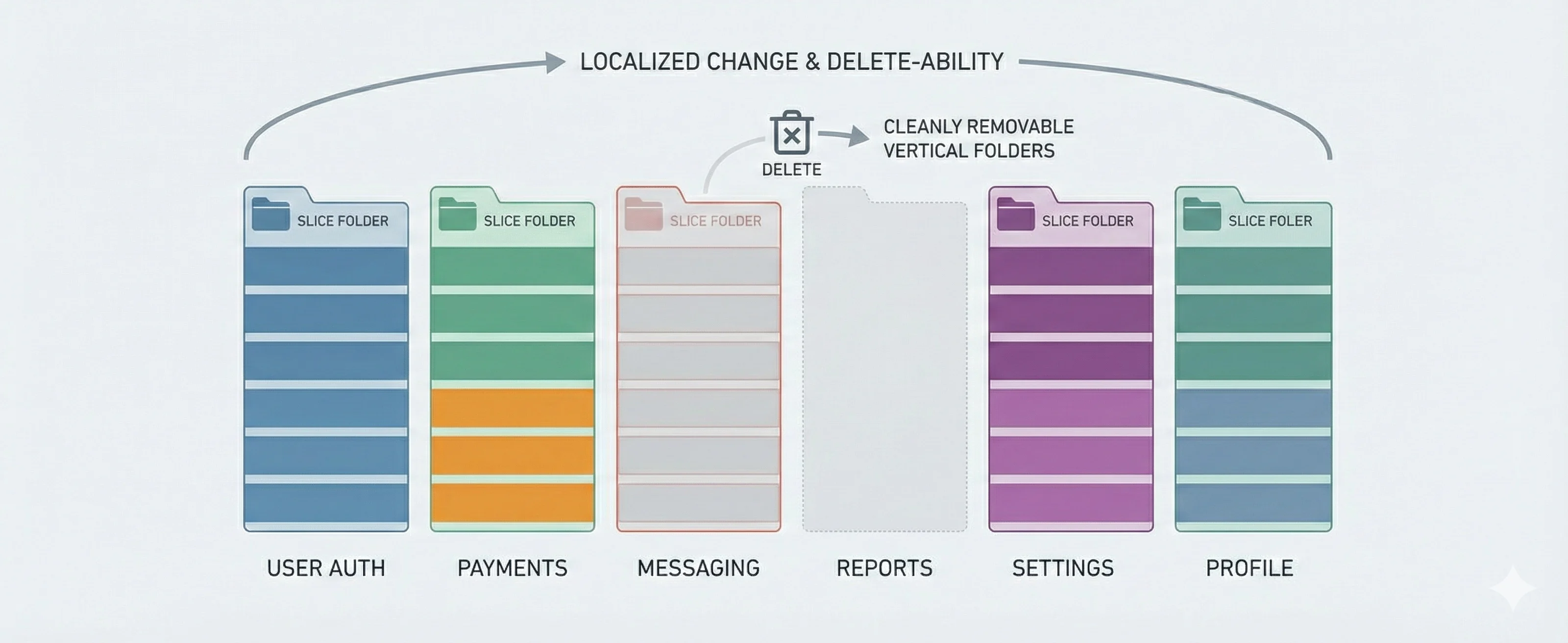Want the PDF version? Click here to download
S: Single Responsibility Principle (SRP) Real Meaning: One reason to change, not one “thing” it does. Why It Matters: Avoids “God classes” that block clean PRs & slow refactoring. Personal Analogy: “If you can’t give a clean commit message for the change, it’s violating SRP.” Code Smell: Method/class summary has multiple and/or. Actionable: Before adding a method, ask: “Is this a different concern?” Read more on SRP Short link: bytecrafted.dev/solid-srp O: Open/Closed Principle (OCP) Real Meaning: Add features by extension, not by editing old code. Why It Matters: Keeps legacy code stable; new business rules plug in cleanly. Personal Analogy: “If a new requirement means touching brittle switch statements, you’re not OCP.” Code Smell: Growing switch/if chains for types or behaviors. Actionable: When adding a rule, prefer new handler/class over changing the old one. Read more on OCP Short link: bytecrafted.dev/solid-ocp L: Liskov Substitution Principle (LSP) Real Meaning: Subtypes must behave as expected, no surprises for callers. Why It Matters: Swapping implementations shouldn’t break existing tests or runtime logic. Personal Analogy: “If a subclass throws where the base returns null, that’s an LSP landmine.” Code Smell: Derived classes override with different exceptions, parameters, or semantics. Actionable: Run parent class tests on every subclass; look for broken guarantees. Read more on LSP Short link: bytecrafted.dev/solid-lsp I: Interface Segregation Principle (ISP) Real Meaning: Small, client-focused interfaces, never force unused methods. Why It Matters: Reduces coupling, makes mocks/tests trivial, avoids NotSupportedException landmines. Personal Analogy: “If your interface summary needs bullet points, it’s already too fat.” Code Smell: Implementations with empty or throw NotSupportedException methods. Actionable: Extract groups of related methods into separate interfaces as soon as a client skips one. Read more on ISP Short link: bytecrafted.dev/solid-isp D: Dependency Inversion Principle (DIP) Real Meaning: Depend on abstractions, not concrete implementations, flip the usual control. Why It Matters: Makes business logic testable, swappable, and free of infrastructure glue. Personal Analogy: “If you see new SqlRepo() in a service, that’s DIP going up in flames.” Code Smell: Direct instantiation of dependencies inside business logic. Actionable: Use constructor injection for every external dependency; mock in tests, swap in production. Read more on DIP Short link: bytecrafted.dev/solid-dip Read full series: bytecrafted.dev/series/solid.
...

